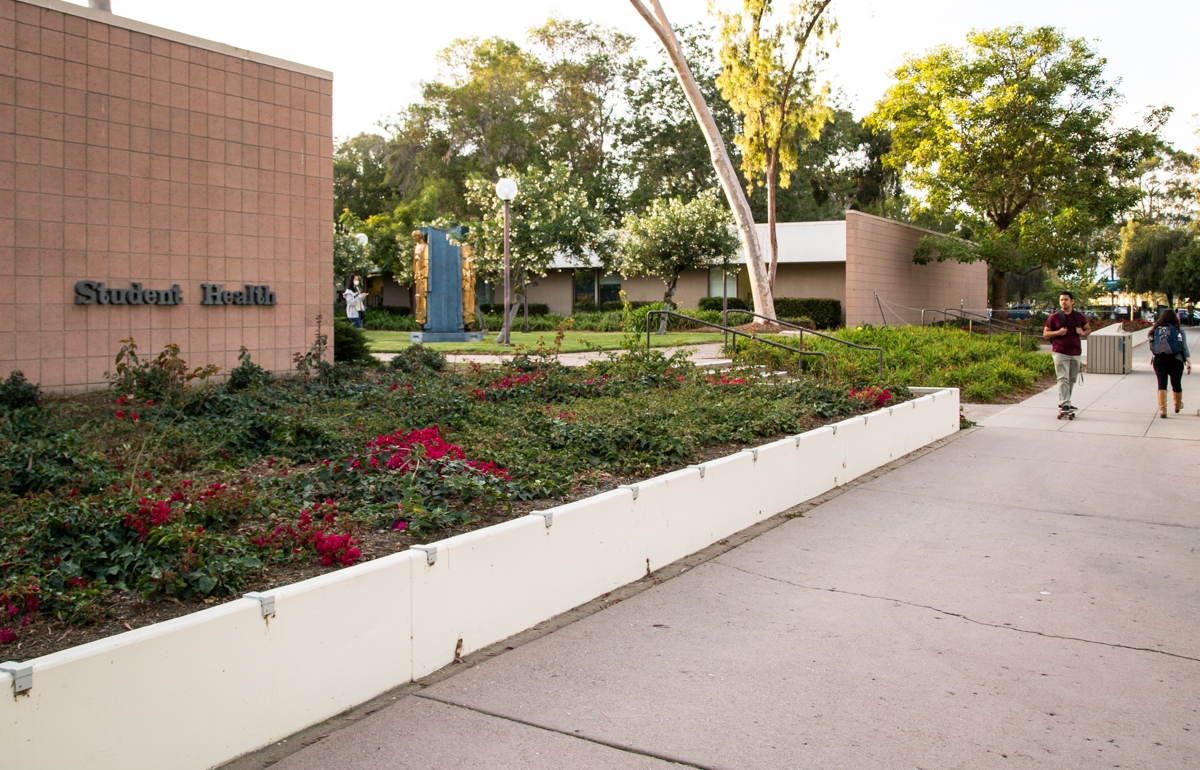California’s Senate voted in favor of Senate Bill 24 – commonly known as the “abortion pill” bill – on Monday, allowing the bill to move into the California Assembly and closer toward the governor’s desk.

SB 24 is the second version of the “abortion pill” bill to go through California legislature. Dustin Harris / Daily Nexus
The bill, introduced by California Senator Connie M. Leyva in December 2018, passed with 28 yeses and 10 noes. It would require all on-campus California public universities to provide the abortion pill at student health clinics, including UC Santa Barbara.
“Recent efforts across our country make it absolutely clear that women’s rights, particularly access to abortion, are under attack,” Leyva said in a press release sent out on Monday.
“While other states are taking a giant step back to the days of outright misogyny and forced pregnancy, California continues to lead the nation by reaffirming the constitutional right to access abortion care without delay, including at student health centers on public university campuses.”
In the press release, Leyva notes that “the lack of access to comprehensive and accessible reproductive care can hinder the well-being and academic success of college students,” adding that low income students and students of color are often disproportionately affected.
None of the UC or CSU student health centers currently provide abortion by “medication techniques,” according to the bill.
On March 16, 2018, the National Academies of Science, Engineering, and Medicine released a study announcing Mifeprex – the abortion pill – is safe and effective, a statement Leyva echoed in her Monday press release.
The pill has an approximate 95% success rate, according to the study. Mifeprex was approved for use by the Food and Drug Administration in 2000.
Senate Bill (SB) 24 is the second version of an “abortion pill” bill to go through the California legislature. Its similar predecessor, also authored by Leyva, failed to pass after former Governor Jerry Brown vetoed it in September 2018.
In his decision to veto the bill, Brown cited a study that stated the average distance between abortion providers and on-campus communities was five to seven miles – a distance, he said, that made the bill “not necessary.”
SB 24 would give $200,000 to each public university health center for equipment, facility and security upgrades, staff reimbursement and training staff, among other uses.
An additional $200,000 each would also be provided to both the UC System and the California State University system to pay for “24-hour, backup medical support by telephone to patients who have obtained abortion by medical techniques at a public university student health center,” one-time fees for providing “telehealth” services, bill specialist consultation and for “maintaining a system of financial reporting” of the fund.
The money would come from “private funds” rather than student fees or university general funds monies, according to the bill.
If passed by the California Assembly and signed by now-California Governor Gavin Newsom, all student health centers would be required to carry the pill by Jan. 1, 2023.
The bill’s text in full can be viewed here.















